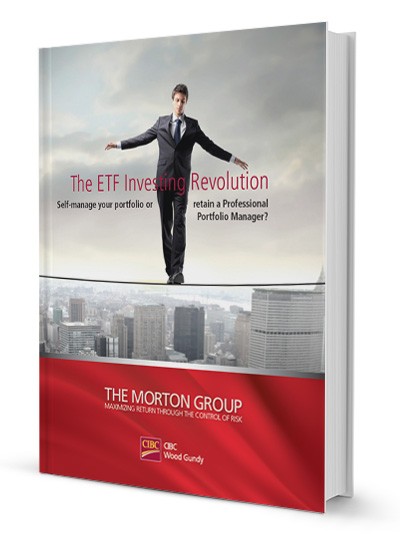The ETF Revolution
Post on: 4 Июль, 2015 No Comment

The ETF Revolution
Richard Pollock, Senior Consultant, Citisoft
Exchange-traded funds (ETFs) have risen to become one of the most popular investment vehicles of the last twenty years. Along with this popularity there has been a growing focus on potential risks and regulatory restrictions. This article aims to provide a high level understanding of what lies on the horizon for this captivating product, writes Richard Pollock, senior consultant in Citisofts London office.
The ETF evolution
The ETF market has recently expanded beyond the three main players (Blackrock/SSGA/ Vanguard) who had accounted for 70% of the ETF global space, giving increased investor access. Retail and small institutional investors can now obtain cost effective and direct exposure to commodities such as gold, copper and natural gas, and to foreign currencies; they can short sell entire indices and replicate hedge-fund like strategies that were once the exclusive domain of larger players.
Traditionally, passive management has been the byword for the ETF market, with participating managers tracking indices. However, active management has increased and some commentators believe that this market is set to take off, although actively managed ETFs can incur higher costs due to higher turnover.
Synthetic ETFs have been developed; these do not invest directly in the assets underlying the tracked index, but enter into OTC derivative contracts such as Total Return Swaps (TRS) with one or more counterparties, usually banks. Physical ETF providers argue that synthetic replication may offer greater benefits to the OTC counterparties than to investors. Synthetic ETF supporters claim that they offer lower costs and closer tracking whilst maintaining safety that is at least on a par with physical ETFs.
Operational risk and settlement fails
From an operational risk perspective, are there any reasons for investment managers or service providers to be concerned? Regulatory and global economic outlook changes should be closely monitored to give investment managers and advisors a view on the pros and cons of entering this domain.
Over recent years the markets have seen a rising number of failed and delayed settlements in ETFs, requiring additional manual intervention to correct and complete transactions. Market participants sometimes delay settlement to avoid the costs involved in creating or redeeming units, giving ETFs a very poor settlement rate compared with other instruments.
Regulators have clamped down on settlement fails in the equity and bond markets; they argue that similar tactics need to be deployed in the ETF market.
ETFs and their role in the UBS fraud
ETFs have also gained notoriety following their involvement in the UBS rogue trading scandal, which culminated in a loss of USD 2.3 billion. It was alleged that the fraudulent trader took large directional positions in various equity index futures. To avoid detection, he reported large offsetting positions in equity index-based ETFs, which did not exist. The evidence implicates lax post-trade settlement procedures as the main factor behind his ability to deceive for so long.

A failing Euro and how this would affect ETFs
The exit of a member state from the Euro could have far reaching implications in the world of ETFs. Such a countrys local shares and bonds would be redenominated into a new national currency that would almost certainly devalue sharply; they would also be removed from Euro-only indices. Euro index ETFs would have to sell out of these securities at the worst time to do so.
If the euro falters, it is likely to highlight the counterparty and collateral risks that lie below the surface of many ETFs. For example, FTSE 100 trackers may be collateralised with Italian or Spanish banks.
A bright future?
Despite the current tentative nature of the markets, ETFs are still growing and are seen as an attractive proposition for investors. The traditional market in ETFs has proliferated and there are now many issuers offering ETFs to varying degrees of customisation. The mechanics of ETFs act as an incentive for investment during these times of heavier regulation because ETFs are on the whole more transparent than other vehicles, which makes their reporting and auditing more straightforward. These factors, allied with their tax efficiency and low cost, imply a bright future.
However, there are potential barriers, mainly regulatory, that may inhibit momentum. Settlement fails, whether they are as a result of intention or genuine buyer/seller inefficiency, are prevalent in this product sector and their hidden costs must be taken seriously. Regulatory authorities will turn their attention to imposing higher penalties on ETF settlement failures; investment managers, TPAs and custodians will need to take note as the relatively casual attitudes around exchange and settlement could change imminently.
The full involvement of ETFs in the UBS fraud has yet to be disclosed, but there are suggestions that regulators will be examining the structure and use of these products with far greater stringency going forward.














